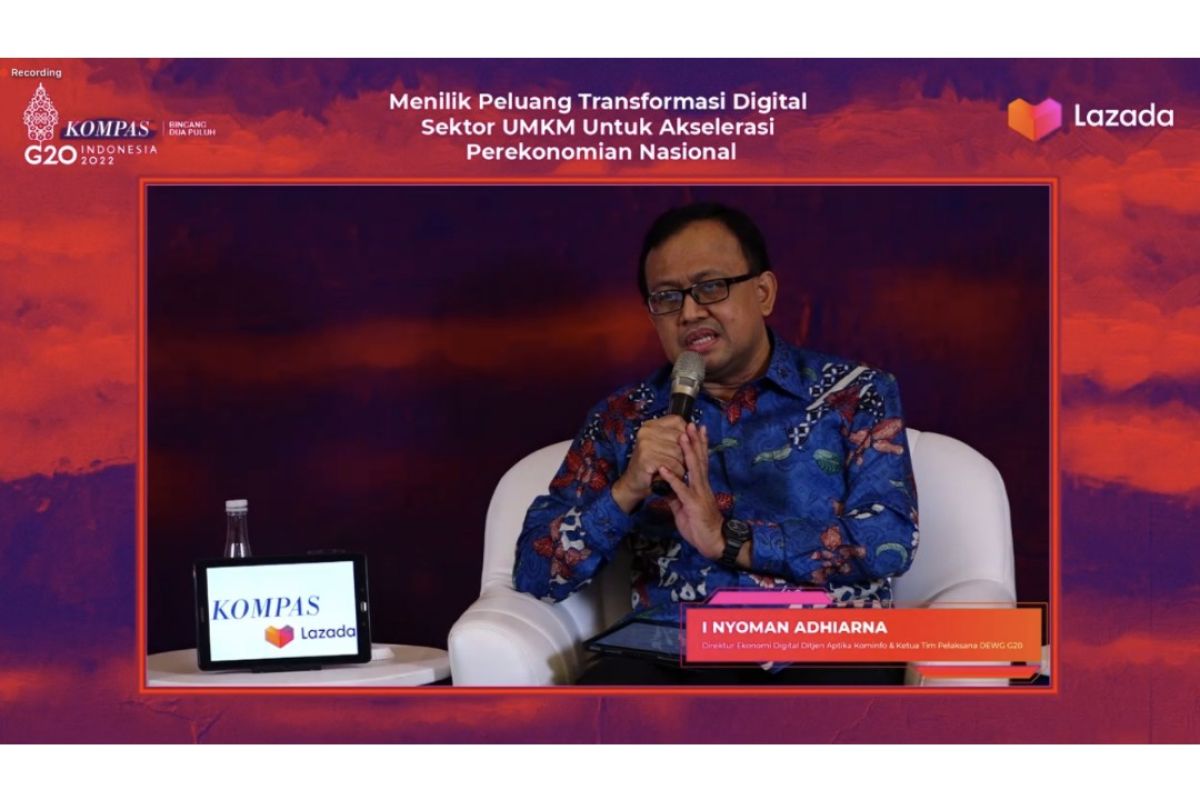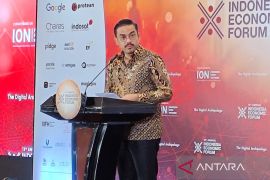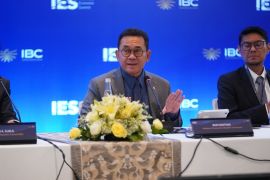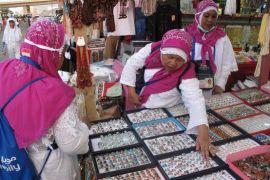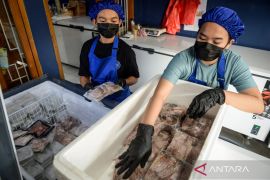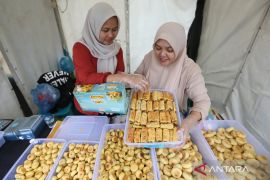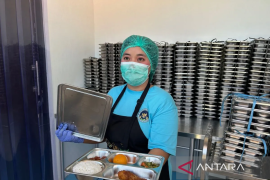"(MSME) onboarding (entry on digital platforms) is good, but not enough. What we encourage is that there must be transactions and interactions with customers. That is called active selling," Director of Digital Economy at the Directorate General of Information Applications of the Ministry of Communication and Informatics I Nyoman Adhiarna said at a webinar on “Observing the Digital Transformation Opportunity for the MSME Sector to Accelerate the National Economy,” on Tuesday.
The ministry has been involved in the Go Online MSME movement since 2017. Until 2019, the target of the program was to encourage MSMEs to enter digital platforms (onboarding).
The focus of the ministry has changed in the past two years since the pandemic struck: MSMEs are now expected not only to join digital platforms, but also to sell products actively on the platforms.
From this year till 2024, the ministry will focus more on making MSME players more familiar with Digital Technology 4.0.
In keeping with this focus, the ministry has been organizing training to increase MSMEs’ capacity to use technology, such as how to use the QR code feature, operate point-of-sales services, use applications to supply goods, and use augmented reality or virtual reality technology for product visualization.
The training needs to be done face-to-face because not all materials and assistance can be provided online, Adhiarna said.
The government's target, including that of the Ministry of Communication and Information, is ensuring that as many as 30 percent of MSMEs or 20 million units join the digital platform by the end of this year.
By 2024, all MSMEs in Indonesia, totaling 64 million units, are targeted to join the digital ecosystem.
Data from the Ministry of Cooperatives and Small and Medium Enterprises shows that as many as 19 million MSME units have joined the digital platform as of June 2022.
Minister of Cooperatives and Small and Medium Enterprises (SMEs), Teten Masduki, earlier asked the private sector to participate in building “sharing factories” to help MSMEs meet industrial standards.
With access to industrial production technology, MSMEs will be able to boost the quality of their products, become more competitive, and improve their potential to enter the global value chain, he explained.
"Sharing factories may also be initiated by the private sector. In order to use the service from the factory, of course, MSMEs must pay a competitive price," Masduki said.
He further said that his ministry will later provide assistance in obtaining distribution permits and halal certification for MSMEs’ products.
The government is continuing to encourage improvement in the quality of MSME products, which, on average, is still poor since the production technology they use is still limited and simple, the minister noted.
According to him, “sharing factories" will be a solution for MSME owners to make products with better packaging, even on a small scale.
“Nowadays, there are many private companies that have joint factories, for example, for cosmetic products and beauty products; they receive their product from a third party or the producer. The production does not have to be on a large scale. Therefore, people can start their business in skincare and cosmetics MSMEs because of that method," he added.
The method would also work well for food products to ensure better packaging quality, which can help increase MSMEs' revenue.
Related news: VP urges Indonesian workers, MSMEs to enter Japan
Related news: Ministry to massively promote entrepreneurship development program
Translator: Natisha A, Azis Kurmala
Editor: Rahmad Nasution
Copyright © ANTARA 2022
